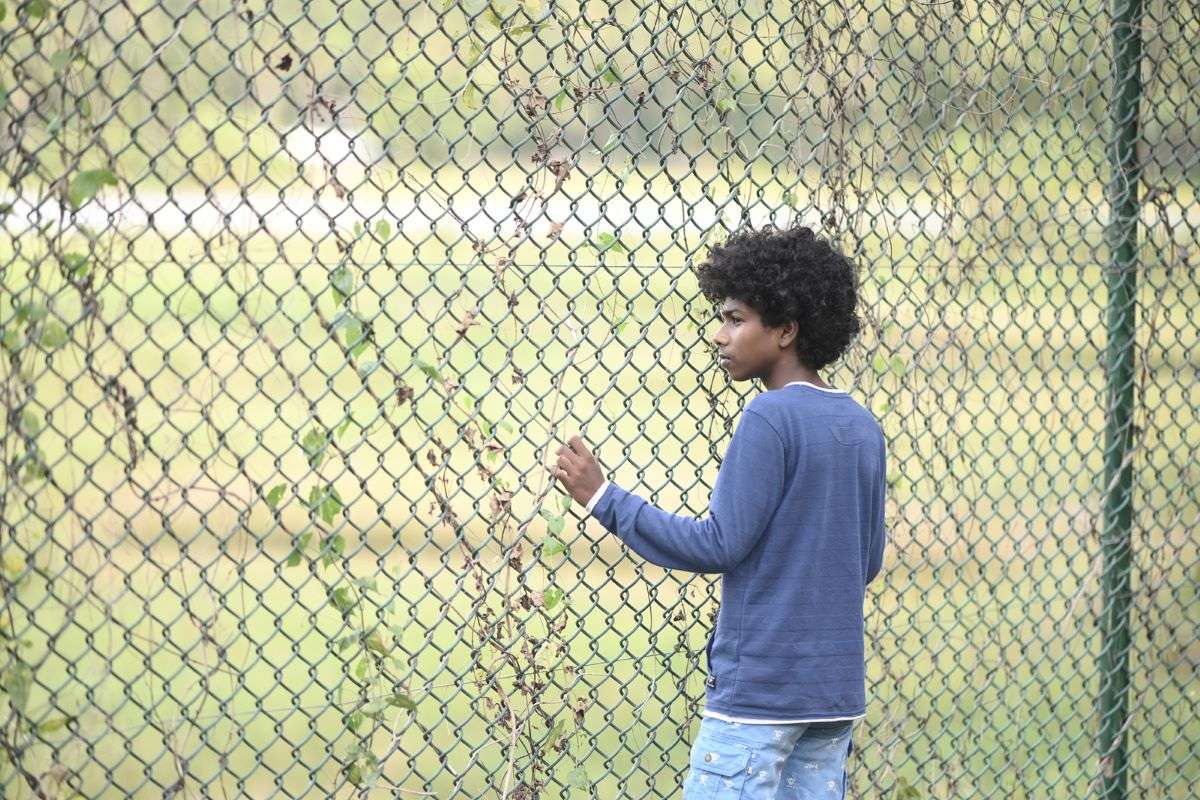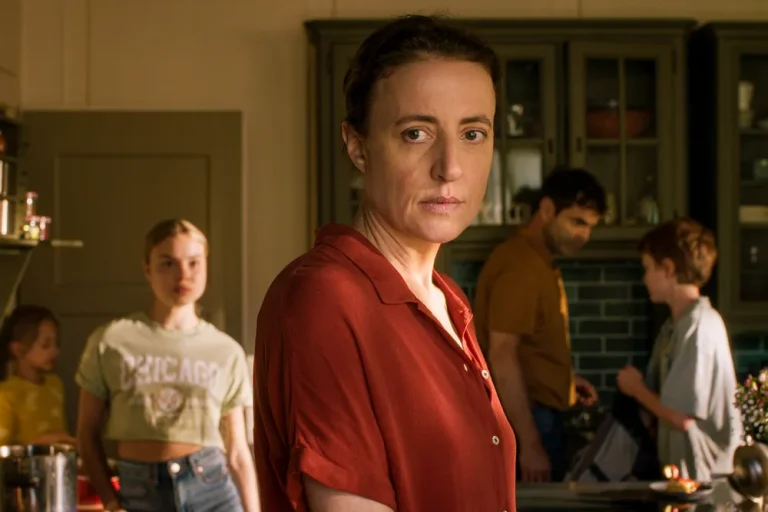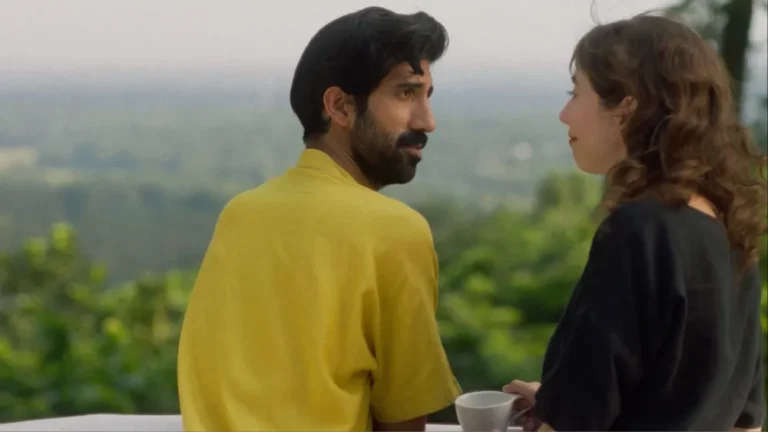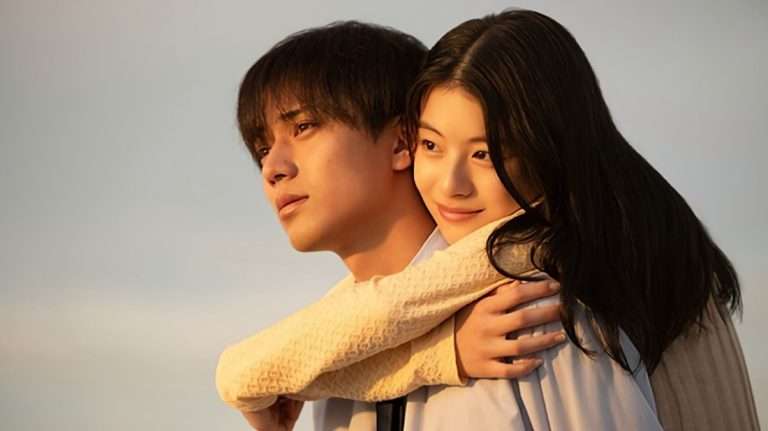The lens through which we identify a work of art as relatable or fantastical is crucial when scrutinizing it. For instance, collectivism is intrinsic to South & East Asian cultures, and this is very well reflected in their cinema. The filmography of renowned Japanese director Hirokazu Koreeda, who redefines and challenges the conventions of a family in every film, is a beautiful example. In his recent acclaimed feature, “Monster,” we witness the evil that asphyxiates and abuses the lives of young minds.
Koreeda’s film unfolds in three perspectives, and in each, the audience searches for the Monster that seems to wreak havoc on a young family. “A Sun” (2019), directed by the brilliant Chung Mong-Hong, examines the belief system that lies at the heart of a family when faced with unexpected tragedy and uncompromising pride. It is yet another significant film on the theme. The reality that families do not love all their members equally is put to the test here.
In India, family serves as the centerpiece of our social institutions. It is this smallest yet most significant social unit that influences and nurtures an individual. Films that glorify this pivotal unit are plenty. But now and then, there are a few films that cut deeply into these institutions and dig beneath the surface. They attempt to unveil the reality that lurks behind the curtains.
There are numerous such examples in Malayalam cinema as well. From Adoor Gopalakrishnan’s “Ellipathayam” (1982) to Jeo Baby’s “The Great Indian Kitchen” (2021), the familial institution has been problematized.
If in “Ellipathyam,” Adoor minutely deconstructs the family and the house an upper caste man resides as the source of feudalism and hegemony, Jeo Baby in “The Great Indian Kitchen” examines the plight of new-age couples plagued by age-old traditions.
“Jaya Jaya Jaya Jaya Hey” (2022), directed by Vipin Das, is also an interesting addition to this list of movies, which tells the story of a young woman fighting against domestic abuse and patriarchy in an almost fantastical manner.
I would like to add V.C. Abhilash’s “A Pan Indian Story” (2024) to this category. I had the immense pleasure of watching it before its theatrical release. V.C. Abhilash has already won the Best Screenplay award for “A Pan Indian Story” at the prestigious Kerala Film Critics Association Awards.
“A Pan Indian Story,” written and directed by V.C. Abhilash and produced by American-Malayalee-based Nalla Cinema Productions, is a dissection of the institution of the family. Through the interplay of fantasy and reality, this examination reveals the tendencies of patriarchy, dual personalities, unconventional masculinities, and harrowing secrets that never escape the four walls.

We are introduced to Shankaran (a dashing Davinci Santosh) in shambles as he tries to enter Karnan’s mind space (from the Mahabharata) for his theatre class. His teacher tells him that his rendition is too realistic and that he needs to dramatize his portrayal. He is asked to carry Karnan on his head, day and night.
At home, his father, Hari (a brilliant Dharmajan), and his mother, Sujatha (Shailaja Ambu), await the arrival of a colleague’s family. They have decided to attend a wedding together, so preparation and excitement are high. Murali (Vishnu Unnikrishnan), Hari’s brother – a makeup artist working in the film industry – reaches home late after a week of night shifts. His objective is to sleep through the days, to make up for all his lost slumber.
Soon, the colleague and his family arrive, and everything seems good. As they interact, we understand the spaces they occupy. They eat, tell each other stories, and even sing together. The children, three in number, are equally a part of this interaction.
As we approach the halfway mark, there is a tension in the air that gradually starts to build: a look here, a comment there, an itch that cannot be ignored. The seemingly perfect glass ceiling begins to crack. For instance, at one point in the film, Beena (Remya Suresh) tells Sujatha (Shailaja Ambu) about how her husband rules over her family with an iron fist. Sujatha agrees and says it’s the same for her family. The women smile and conclude by saying,
‘If you really think about it, aren’t the patriarchal families the only ones that end up staying intact?’
At a different moment, an observant Shankaran remarks to his uncle Murali, after an evening of awkward silences and uncomfortable laughs,
‘They treat you differently because you’re different. You know… people who aren’t like others…’
For audiences familiar with the work of VC Abhilash, “A Pan Indian Story” is a successor to his much-acclaimed “Aalorukkam” (2018). That film explored the troubled waters a father navigates in search of his son, who left home years ago. The conventionality of a family and the perceived gender roles were vital aspects of that film.
If “Aalorukkam” attempted to redraw the contours of families while accounting for queer realities, “A Pan Indian Story” examines the proposition of the family as a whole, masculinity and femininity, childhood and old age, all intact. It shines a light on the delicateness of young minds and the universal reality that no matter how much we pretend and deceive, children always see through it. They know everything.
“A Pan Indian Story” cinematography by Eldho Issac has a seamless flow that’s well-complimented by Bhoomi’s background score. The performances are stellar, with Davinci Santosh being the show-stealer. “A Pan Indian Story” is a testament to what independent cinema can achieve with good writing and a fantastic cast. This film is a must-watch for those who truly enjoy the magic of cinema, pushing us to introspect and reflect while being mesmerized.


![Death Of Insane (Unmadiyude Maranam) [2019]: ‘HFF’ Review – An abstract satire on Moral Policing and Censored Art](https://79468c92.delivery.rocketcdn.me/wp-content/uploads/2019/05/Death-Of-Insane-Unmadiyude-Maranam1-768x512.jpg)
![His Lost Name [2019]: ‘Japan Cuts’ Review- Knitting the ineffable wounds](https://79468c92.delivery.rocketcdn.me/wp-content/uploads/2019/07/p12-hadfield-hislostnamerev-a-20190110-768x512.jpg)


